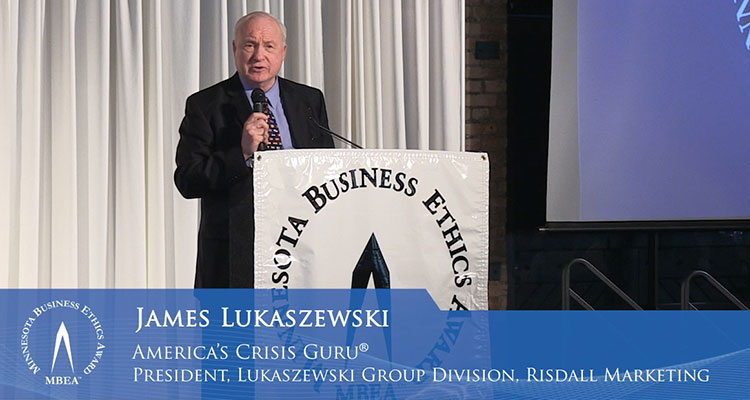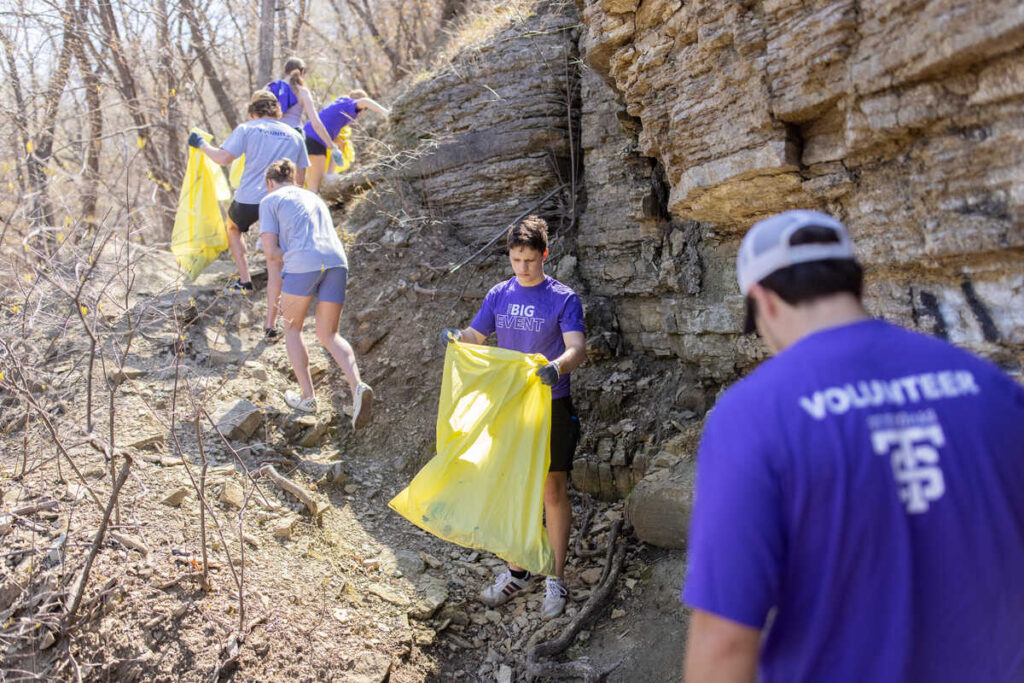The first meeting with George turned out to be quite cordial. George is a gregarious Irishman, a great golfer, and salesperson. We both knew why the meeting was taken. The Justice Department made it quite clear that if they could, George would be the first person indicted. The DOJ loves sending messages whenever possible to active and potential offenders and perpetrators.
The case would revolve around illegally altering medical products, the legal term is adulterating-- resulting in the deaths of at least two people, more than a dozen people requiring surgical repair and more than fifty patients who experienced product failure but safely recovered.
The original indictment alleged several hundred felonies. Six other employees were also indicted.
I agreed to work for the company for two reasons. I was interviewing them as diligently as they were interviewing me. In the process, I met with a special committee of the Board of Directors and was convinced they were going to get to the bottom of all of this. The company hired three top American law firms to work on various aspects of the case, including an outstanding firm of criminal lawyers based in Washington D.C.
The next time I saw George was the morning after the day of his indictment. He was cleaning out his desk. I offered to help. He had just returned from Federal Court in Boston. I asked him how it went. He said his lawyers had arranged for him to surrender to the court, rather than being publically arrested.
He was read his rights, strip-searched, fingerprinted, photographed, put in a bright orange jumpsuit with the word “prisoner” on his back in 8-in. high black letters, manacled and placed in a holding cell with perhaps a couple dozen others similarly attired and chained.
He stayed in that cell for much of the day and was brought into court for his arraignment late in the afternoon. He was the last arraignment in his group. Apparently, according to George, federal authorities were going to make an example of him at every opportunity. He plead “not guilty,” was released on his recognizance and he went home.
George had flown to Boston on the company jet but returned to New Jersey on a commercial flight. He had flown on their corporate jet for the last time. The moment the indictment was issued in Boston, George was suspended with pay and was required to move off corporate premises.
As we talked, he continued putting his things in boxes. I volunteered to help him carry his stuff out to his car. As he popped the trunk, he looked at me and said how relieved he was to have finally been indicted. The process had dragged out over two years.
I looked at him somewhat incredulously and said, “Relieved about what, George?”
He talked about the free time his suspension would give him which he could use to help all those organizations he had given money to over the years, but nothing else.
My response to George was that he was likely going to be very busy figuring out how to stay out of jail. I then told him that I would meet him and his wife at his new off-property office the following morning to call all those organizations and resign whatever offices or positions of responsibility he might be holding, even offer to take the corporate contributions back if it was felt necessary under the present circumstances. None of these organizations could logically or legally have a prospective felon in any position of responsibility.
I think that’s when the tears started.







